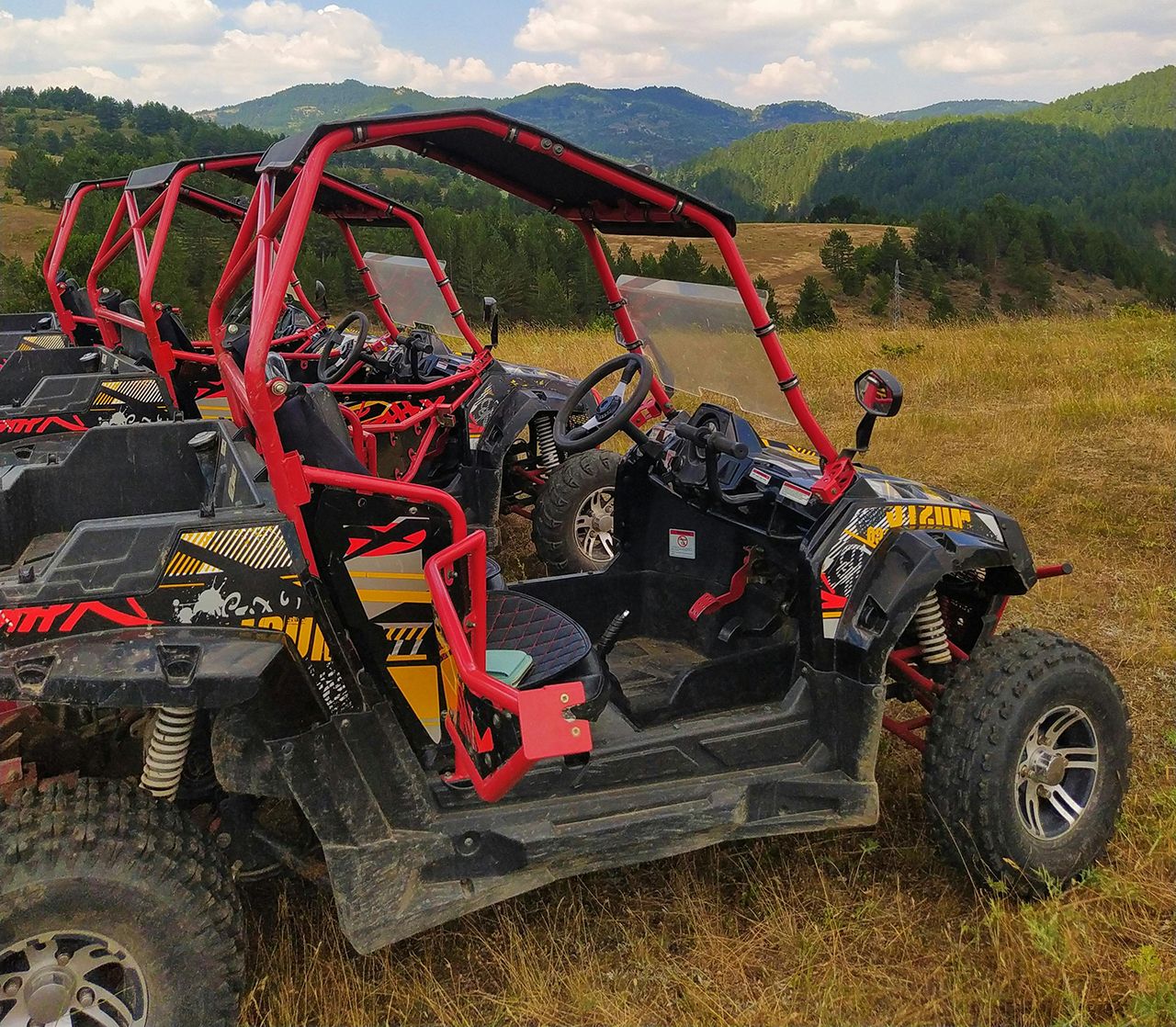Owning a UTV means dealing with various electrical components that are critical for performance and safety. New owners should understand how fuses, relays, and switches work so they can diagnose basic electrical issues, prevent breakdowns, and enjoy a safer off-road experience.

Understanding Basic UTV Electrical Components
When you grasp the purpose and function of core parts like fuses, relays, and switches, you minimize downtime and reduce expensive repairs. These components safeguard your vehicle’s electrical circuits, regulate power flow, and control essential systems such as lights and accessories. Explore more about UTV fuses, relays, and switches for beginners.
- Blown Fuses Leading to Power Loss: A blown fuse can lead to total or partial electrical failure, cutting power to your lights, winch, or ignition. Identifying a fuse issue early prevents more serious electrical damage.
- Malfunctioning Relays Causing Inconsistent Operation: Relays are designed to handle higher electrical loads, but when one fails, your UTV accessories (like a horn or extra lights) may work intermittently—or not at all.
- Worn or Faulty Switches Impacting Control: Switches manage on/off capabilities. A switch that’s sticking or worn out can lead to unpredictable operation of critical systems, such as ignition or light bars.
Key Concepts and Essential Information for UTV Electrical Systems
Here are some core factors that can impact the performance and longevity of your UTV’s electrical components. Gain more essential UTV electrical basics.
- Overloading Your Electrical System – Exceeding the system’s capacity by adding high-demand accessories without proper wiring or fuse upgrades can lead to recurring issues.
- Exposure to Moisture or Dirt – Water, mud, and debris are part of off-roading, but they can cause corrosion or short circuits if seals and protective covers aren’t maintained.
- Using the Wrong Fuse Rating – A fuse with the incorrect amperage rating may blow prematurely or fail to protect the circuit when needed, risking severe damage.
- Improper Installation or Wiring – Incorrectly routing wires or installing the wrong part can create electrical faults, reduce efficiency, and potentially endanger riders.
Getting Started with UTV Electrical Systems: A Beginner’s Guide
By following a simple framework, you’ll be able to learn the basics, perform minor checks, and make informed decisions about your UTV’s electrical components. Check out our comprehensive UTV electrical guides to explore these steps in greater detail.
- Identify Key Electrical Components – Familiarize yourself with the location and appearance of your fuses, relays, and switches. Consult your UTV manual for specific details.
- Keep Spare Parts Handy – Stock up on the correct fuse ratings and quality relays. Having backups ready can save significant time if you blow a fuse in the middle of a ride.
- Regularly Inspect Switches – Check for signs of wear, corrosion, or damage. A worn switch can disrupt essential functions, so replace it before it causes a major issue.
Developing Safe Practices and Essential Habits for UTV Electrical Systems
- Use Correct Fuse Ratings: Match each accessory’s requirements. Overrated or underrated fuses can lead to unnecessary downtime or circuit damage.
- Conduct Routine Checks: Inspect wiring for frays or wear, especially after rough rides. Keep an eye on your relays and switches for corrosion or loose connections.
- Protect Against Moisture: Whenever possible, use waterproof covers and enclosures, and clean your UTV regularly to remove mud, dirt, and debris.
Seeking Further Knowledge and Professional Guidance on UTV Electrical Components
If you encounter persistent electrical problems, need custom wiring, or simply want expert advice, consider reaching out for professional UTV electrical guidance. They can spot underlying issues and ensure your rig meets the demands of rugged off-road use.
Disclaimer: This information provides general guidance only. Always consult your UTV’s manual and qualified professionals for specific advice on repairs, modifications, and upgrades.
Key Takeaways for New UTV Owners
Understanding the basics of fuses, relays, and switches gives you a strong foundation for maintaining and troubleshooting your UTV. Keep spare components on hand, perform regular inspections, and know your vehicle’s electrical limits. These essential habits empower you to ride confidently, preserve your UTV’s performance, and enjoy hassle-free adventures on every trail.
